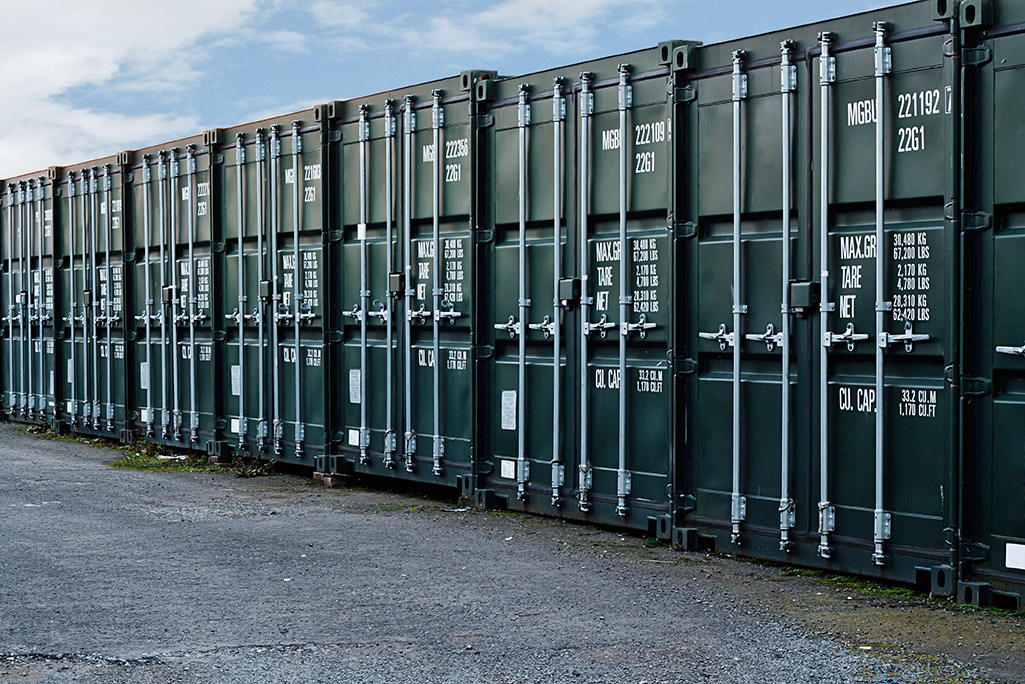The Association “Ukrainian Club of Agrarian Business” appeals to the deputies not to support the draft law on the criminalization of goods smuggling, which is included in the upcoming agenda of the VRU. This is stated in the message of the UCAB.
It is about the project of the Law “On Amendments to the Criminal Code of Ukraine and the Criminal Procedure Code of Ukraine regarding the criminalization of smuggling of goods and excise goods, as well as false declaration of goods” (No. 5420).
It is noted that UCAB understands the need to regulate transparent business conduct and develop effective mechanisms to combat illegal imports, however draft law No. 5420 contains a number of provisions that cause concern and may cause difficulties for honest businesses and ordinary employees of enterprises. In particular:
- there is disproportionality in the amount of damage for the qualification of smuggling, the value of contraband items is significantly reduced, which will be considered to have been committed in a significant amount;
- it is proposed to consider inaccurate (incorrect) information about the weight or number of cargo spaces, the country of origin of the goods or the marking of the goods in the documents submitted together with the customs declaration as a crime;
- there is no clear definition of the punishment for the violation, the amount of which ranges from a fine of 10 tax-free minimums to imprisonment for up to 7 years;
- the violation of the movement of goods across the customs border of Ukraine is combined with the violation of the correctness of the declaration.
At the same time, the draft law eliminates the possibility of exempting business from criminal liability in case of compensation for damage caused to the state, experts add.
“In view of the above, the association insists on not supporting draft law No. 5420, which may lead to an increase in corruption in customs authorities, abuses by law enforcement officers, and pressure on business,” UCAB concluded.








